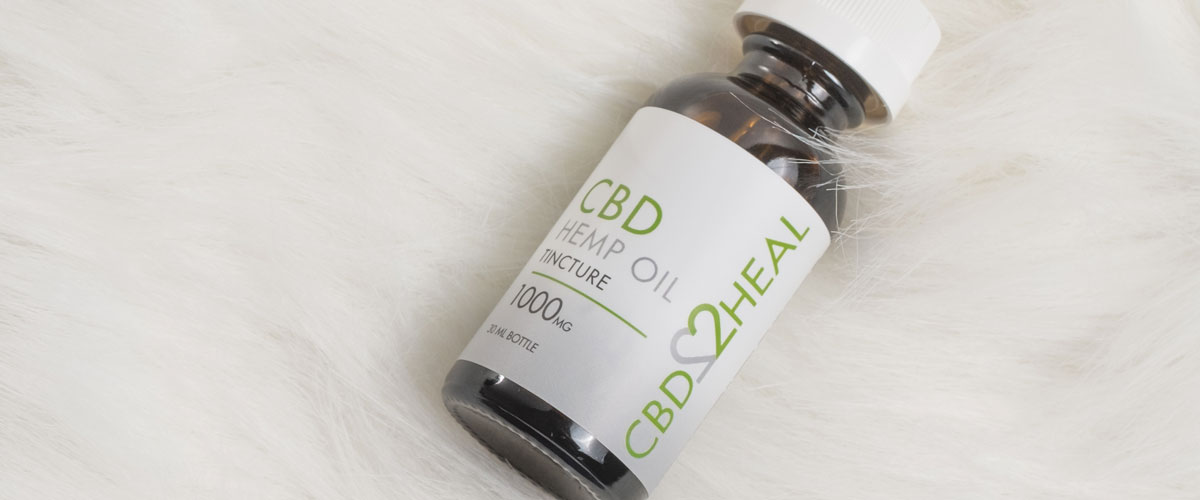- You have no items in your shopping cart
- Continue Shopping

CBD, short for Cannabidiol, has gained significant attention in recent years for its potential role in mental health management. In particular, many people are curious about how CBD may help individuals dealing with depression. In this article, we will delve into the science behind CBD, its potential benefits and risks, and the importance of consulting healthcare professionals when considering its use for depression.
Understanding Depression
Depression is a common mental health condition that affects millions of people worldwide. It is characterized by persistent feelings of sadness, hopelessness, and a lack of interest in activities. Symptoms can range from mild to severe, impacting one’s daily life, relationships, and overall well-being. Depression is a serious concern, as it can lead to a lower quality of life and even increase the risk of other health problems.
What Is CBD?
Cannabidiol, or CBD, is a compound derived from the cannabis plant. It’s important to note that CBD is not the same as THC (tetrahydrocannabinol), another well-known compound found in cannabis. Unlike THC, CBD is not psychoactive, meaning it doesn’t produce the “high” associated with cannabis use. Instead, CBD interacts with the endocannabinoid system, a complex cell-signaling system in our bodies, which plays a crucial role in regulating various functions.
CBD and Depression: The Science
Research on CBD’s potential effects on depression is ongoing, and while it’s promising, there’s still much to learn. Some studies suggest that CBD may have a positive impact on depression due to its interaction with the endocannabinoid system. It’s believed that CBD influences the system’s receptors, affecting serotonin levels. Serotonin is a neurotransmitter associated with mood regulation, and low levels of serotonin are often linked to depression. By modulating serotonin levels, CBD may help improve mood and reduce symptoms of depression.
CBD Products for Depression
When considering CBD products for managing depression, it’s essential to make informed choices to ensure the best possible results. Here are some key points to keep in mind:
- Product Type: CBD comes in various forms, including oils, capsules, edibles, and topical creams. Each form has its unique advantages and considerations.
- Quality Matters: Prioritize high-quality CBD products that have undergone third-party testing. This ensures that the product meets safety and potency standards.
- Start Low and Go Slow: Finding the right dosage is crucial. Begin with a low dose and gradually increase it under the guidance of a healthcare professional to determine what works best for you.
By considering these factors, you can make informed choices when selecting CBD products to support your journey towards managing depression effectively.
Personal Experiences and Testimonials
Many individuals have shared their experiences with using CBD to manage depression. These testimonials often reflect the diverse outcomes associated with CBD use. Some people report significant improvements in their mood, decreased anxiety, and better sleep, while others may not experience the same benefits. It’s essential to remember that everyone’s response to CBD can be different, and individual factors play a significant role in how it affects them.
Potential Benefits and Risks
The potential benefits of using CBD for depression are a subject of great interest. Research and anecdotal evidence suggest that CBD may offer several advantages, such as:
- Anxiety Reduction: CBD has been reported to help reduce symptoms of anxiety, which often co-occur with depression.
- Improved Sleep: Many individuals using CBD have reported better sleep quality, which can be vital for those with depression.
- Mood Enhancement: Some users have found that CBD positively influences their mood and emotional well-being.
However, it’s important to acknowledge potential risks as well. Side effects of CBD can include dizziness, dry mouth, changes in appetite, and diarrhea. Additionally, there’s a need for more comprehensive research to fully understand the long-term effects and interactions of CBD, especially when used alongside other medications. It’s essential to consult with a healthcare professional who can provide guidance and monitor your progress.
Consultation with Healthcare Professionals
Before incorporating CBD into your depression management plan, it’s imperative to consult with a healthcare provider, especially if you are already on medication or receiving other forms of treatment. Mental health professionals are equipped to evaluate your specific needs and recommend the most suitable approach, which may include therapy, medication, or a combination of treatments. They can also help you navigate the complexities of CBD use, ensuring your safety and well-being.
Conclusion
While CBD shows promise as a complementary approach to managing depression, it is not a one-size-fits-all solution. The potential benefits and risks must be carefully considered. It is essential to prioritize open communication with healthcare professionals who can guide you in making informed decisions. As research on CBD and mental health continues to evolve, the future holds promising possibilities for individuals seeking alternative ways to manage their mental well-being.
Remember, the information presented in this article is intended to provide a general overview of CBD and its potential role in depression. For personalized advice and treatment, always seek guidance from qualified healthcare professionals who can tailor a plan to your specific needs.
If you’re looking to give CBD a shot to help combat mental health woes, you can trust and depend on CBD2HEAL to provide Canadians easy access to high-quality CBD oil products in Canada, completely free from THC!







